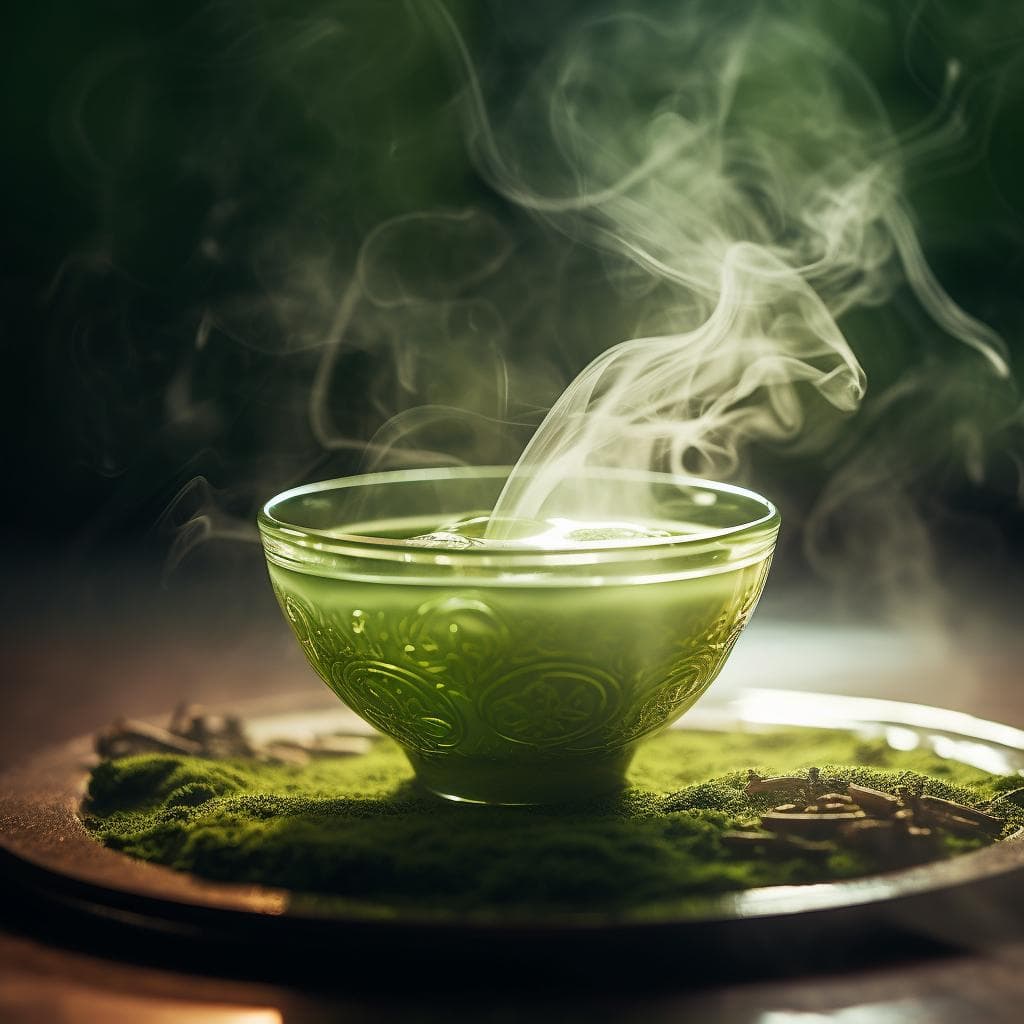In the scorching summer heat, iced tea is a popular choice to stay cool and refreshed. But have you ever wondered if homemade iced tea is a healthy beverage option? In this article, we will delve into the nutritional composition of homemade iced tea, explore its health benefits, discuss the potential risks and considerations, compare it to store-bought varieties, provide innovative recipes, and offer recommendations for serving. So let's find out if your homemade iced tea can contribute to a healthy lifestyle!
Understanding the Nutritional Composition of Iced Tea
When it comes to homemade iced tea, the primary ingredients are tea leaves, water, and optional additions like sweeteners or flavorings. The nutritional benefits of homemade iced tea are mainly derived from the tea leaves. Tea is rich in antioxidants, polyphenols, and catechins, which have been linked to potential health benefits such as reducing the risk of heart diseases and certain types of cancers.
Health Benefits of Homemade Iced Tea
The presence of antioxidants in tea is one of the main reasons why homemade iced tea can be a healthy choice. These antioxidants help combat the damage caused by free radicals in the body, reducing inflammation and boosting the immune system. Some studies suggest that the polyphenols in tea may have a positive impact on heart health by reducing the risk of cardiovascular diseases. Additionally, the catechins found in tea have been associated with potential weight management benefits.
Risks and Considerations
While homemade iced tea can offer health benefits, there are a few risks and considerations to keep in mind. One of the potential drawbacks is the addition of excessive sugar or calorie-laden sweeteners in sweetened iced teas. This can negate the health benefits and contribute to weight gain or other health issues. Additionally, tea naturally contains caffeine, which may impact individuals sensitive to stimulants or those with certain health conditions, such as anxiety disorders or high blood pressure. It is important to moderate caffeine intake and seek medical advice if needed.
Homemade Iced Tea vs. Store-Bought Varieties
When comparing homemade iced tea with store-bought varieties, there are several factors to consider. While homemade iced tea allows you to control the ingredients and sugar content, many store-bought brands may contain additives, preservatives, and artificial flavors. These additives can diminish the nutritional value of the tea and potentially introduce unwanted health risks. Therefore, homemade iced tea, prepared with quality ingredients, offers a better choice if you prioritize the health benefits.
Innovative and Healthier Recipes for Homemade Iced Tea
If you enjoy experimenting with flavors, try infusing your homemade iced tea with herbs, fruits, or other natural ingredients. Mint, lemon, berries, or even cucumber can add a refreshing burst of flavor without adding excessive sugar. Herbal teas like chamomile or hibiscus can also be used as a base for a delicious caffeine-free alternative. These variations not only add taste and complexity but also introduce additional health benefits like improved digestion, relaxation, or reduced inflammation.
Recommendations and Serving Suggestions
To make the most of homemade iced tea, it is essential to brew it properly. Start by selecting high-quality tea leaves or tea bags and following the instructions for the ideal steeping time and water temperature. As for serving size, a typical recommendation is to limit intake to about 2-3 cups per day to moderate caffeine consumption. Opt for unsweetened or lightly sweetened iced teas to avoid excess sugar intake. Consider swapping artificial sweeteners with natural alternatives like stevia or honey for a healthier option.
Conclusion
In conclusion, homemade iced tea can be a healthy beverage choice, provided it is prepared with care and moderation. The antioxidants and potential health benefits obtained from tea leaves make it a refreshing and nutritious option. By controlling the sugar content and avoiding store-bought versions with additives, you can ensure maximum health benefits. So, go ahead and indulge in a glass of homemade iced tea to enjoy the natural goodness with every sip!
FAQs
Is homemade iced tea better than store-bought versions?
Yes, homemade iced tea allows you to control ingredients and avoid additives found in store-bought versions, making it a healthier choice.
Can homemade iced tea help with weight management?
The presence of catechins in tea may have a positive impact on weight management efforts when consumed as part of a balanced diet and active lifestyle.
Is it safe to consume iced tea if I have high blood pressure?
If you have high blood pressure, it is advisable to consult with a healthcare professional to determine your caffeine intake limit and any specific restrictions.
Can I make caffeine-free homemade iced tea?
Yes, herbal teas like chamomile or hibiscus can be used as a caffeine-free base for homemade iced tea.
How can I add flavor to homemade iced tea without using sugar?
You can experiment with natural flavorings like mint leaves, lemon slices, berries, or even cucumber to enhance the taste without adding excessive sugar.




